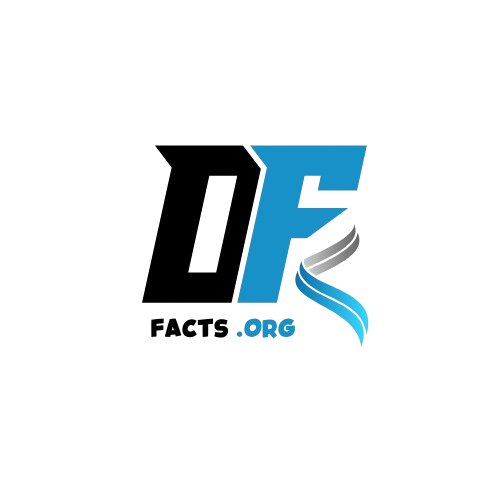As companies strive to streamline their sales processes, the importance of utilizing proficient proposal software has escalated. An effective tool can exponentially increase productivity and success by automating critical tasks and facilitating better communication. However, prospective buyers may find themselves overwhelmed by the many options available. In this article, we’ll delve into the essential features that differentiate a sound proposal management system from a great one, providing you with the guidance needed to make an informed decision.
Evaluating Customization Capabilities in Proposal Software
When looking for the best proposal software, customization options are paramount. The ability to tailor your proposals to align with your brand image and the specific needs of each potential client speaks volumes about your attention to detail. Customization ranges from simple aesthetic adjustments to including particular language and detailed proposals that echo the client’s branding and ethos.
It’s not only about maintaining a professional appearance but also about adapting functionality. The software should allow modifications to workflows, templates, and user roles to fit your organization’s unique processes. Adhering to a one-size-fits-all solution can be cumbersome if it doesn’t allow these variations.
In some scenarios, advanced customization may require technical know-how. Customer support or an intuitive user interface can significantly help leverage the software’s full potential. A platform that requires significant IT skills for basic operations could cost more in terms of time and resources.
Therefore, organizations should seek proposal software that balances customization depth and user-friendliness. This equilibrium ensures that your team can focus on the proposal’s content and strategy rather than the technical aspects of its creation.
Importance of Collaborative Tools in Proposal Management
In today’s fast-paced and often remote work environments, the presence of robust collaborative tools within proposal software cannot be overstated. These tools should enable team members to co-author documents, communicate effectively, and track changes in real-time. The value of these features lies in their ability to keep all stakeholders aligned and informed.
Collaborative features may include comment sections, chat functions, and task assignments, making the proposal process more transparent and creating a central source of truth for the project. Without such tools, teams may be siloed, potentially leading to miscommunication and redundancies that can hinder a proposal’s progress and quality.
In addition, version control is an indispensable component of collaborative tools. It preserves the document’s integrity as multiple contributors make edits, ensuring that everyone is working on the most current version and that previous iterations can be retrieved, if necessary.
Facilitating team synergy through collaboration features is critical, especially when tight deadlines are involved. The difference between winning a bid and missing out often hinges on the team’s ability to work harmoniously and efficiently through each stage of the proposal creation.
Ensuring Robust Security Measures in Your Proposal Software
Proposals often contain sensitive information, making security a top priority when choosing software. At the very least, the software should adhere to industry-standard security protocols to protect against unauthorized access and data breaches. Compliance with regulations such as GDPR and HIPAA may also be necessary, depending on your business’s location and sector.
Look for features like multi-factor authentication, data encryption at rest and in transit, and permissions management that controls who can view, edit, or share proposals. The aim is to balance accessibility for authorized users and barriers against potential intrusions.
Moreover, it is crucial to consider the software’s disaster recovery and backup capabilities. During technical glitches or security incidents, your data must be recoverable to ensure business continuity and safeguard your professional reputation.
Vetting the software provider’s security practices is equally important. This encompasses investigating their track record, understanding their incident response measures, and establishing what guarantees they provide for security failure.
Overall, selecting the right proposal software requires balancing customization, collaboration, and security features to meet your organization’s needs. By evaluating these essential aspects, you can ensure your team has the tools to create high-quality proposals efficiently and securely.



